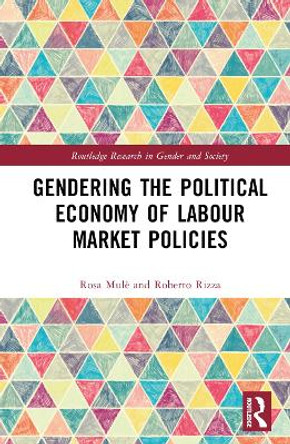Description
About the Author
Per Pinstrup-Andersen is Professor Emeritus and Graduate School Professor at Cornell University and Adjunct Professor at Copenhagen University. He is Chairman of the High Level Panel of Experts on Food Security (HLPE) and Vice chairman of the World Economic Forum's Council on Food Security. He is past Chairman of the Science Council of the Consultative Group on International Agricultural Research (CGIAR) and Past President of the Agricultural and Applied Economics Association (AAEA). He is a fellow of the American Association for the Advancement of Science (AAAS) and the American Agricultural Economics Association. He has served as the International Food Policy Research Institute's Director General, as an economist at the International Center for Tropical Agriculture, and as distinguished professor at Wageningen University. He is the 2001 World Food Prize Laureate and the recipient of several awards for his research. His publications include more than 450 books, articles, and papers.
Reviews
this book presents results from political economy studies of food price policy in 14 developing countries as well as the US and the EU ... Recommended. * E. H. Tuma, emeritus, University of California, Davis, CHOICE *
The world food crisis of 2007-08 brought extraordinary increases in international agricultural commodity prices, triggering varying responses by national governments to cope. This important book documents key case study countries political motivations, policy responses, and consequences following that crisis. Synthesis chapters explore in a comparative manner the politics and economics of country responses. An important finding is the extent of differences in policy implementation success, given similar food security objectives. This book is an invaluable resource for those seeking to understand consequences for food security during crises, and why they can differ across countries. * Philip Abbott, Professor, Department of Agricultural Economics, Purdue University *
Governments of many developing countries are vulnerable when food prices spike, yet very few have appropriate policies and strategies in place to deal with such shocks. Most respond in knee-jerk fashion with expensive or even counter-productive measures. By drawing on 14 country case studies, this book is able to expose not just how but also why responses to the 2007-08 were so varied. It provides invaluable lessons and policy implications for governments seeking to prepare themselves for subsequent price shocks. * Kym Anderson, George Gollin Professor of Economics, School of Economics, University of Adelaide, CEPR Fellow; and Professor of Economics, Arndt-Corden Dept of Economics, Australian National University *
This comprehensive study sheds new light on the great diversity of national capabilities and political economy forces which shaped the response to food price volatility. It shows in detail that national objectives of food policy dominate when food prices become more volatile, and collective action failure is a consequence. Policy makers and researchers should note the important implication of the books findingsthe world is not well prepared to deal effectively with food price volatility, should that increase further, say in the context of climate change. * Joachim von Braun, Director, Center for Development Research (ZEF) and Professor for Economic and Technological Change, University of Bonn *
This is a very timely and insightful book that provides the collective thinking of a generation of eminent scholars. The book opens up the black box of the political economy process, and shows us how price policy is actually formulated. * Prabhu L. Pingali, Professor and Director, Tata-Cornell Agriculture and Nutrition Initiative, Cornell University *
Book Information
ISBN 9780198788836
Author Per Pinstrup-Andersen
Format Paperback
Page Count 544
Imprint Oxford University Press
Publisher Oxford University Press
Weight(grams) 802g
Dimensions(mm) 233mm * 158mm * 30mm





